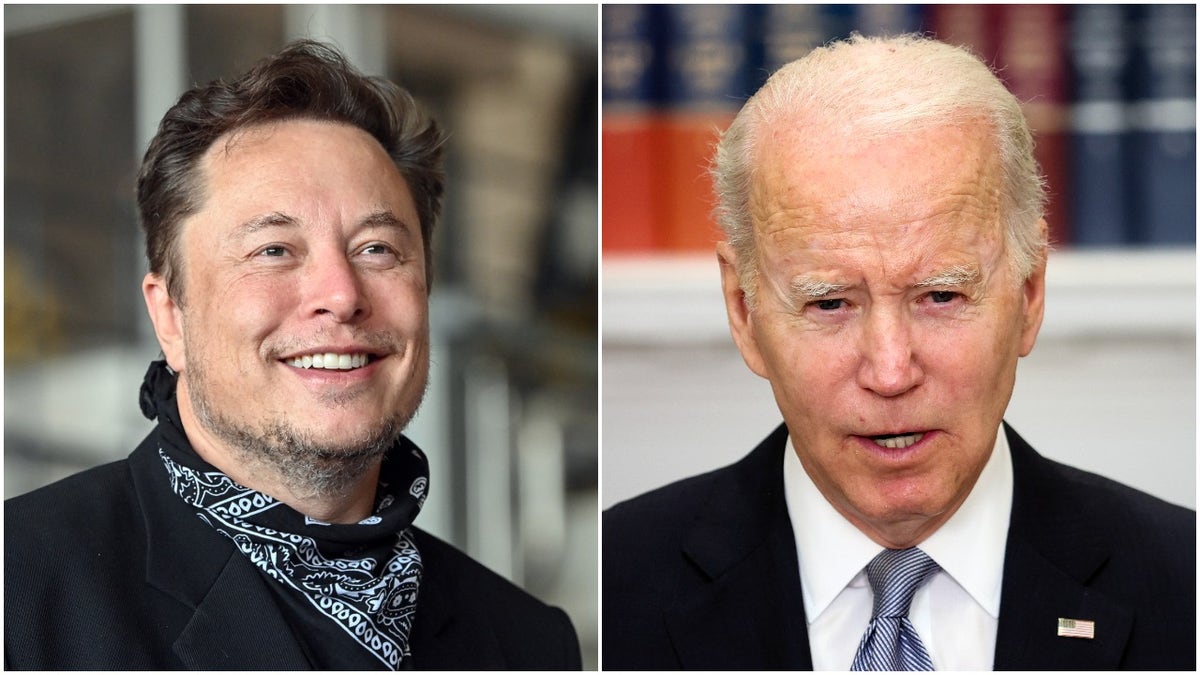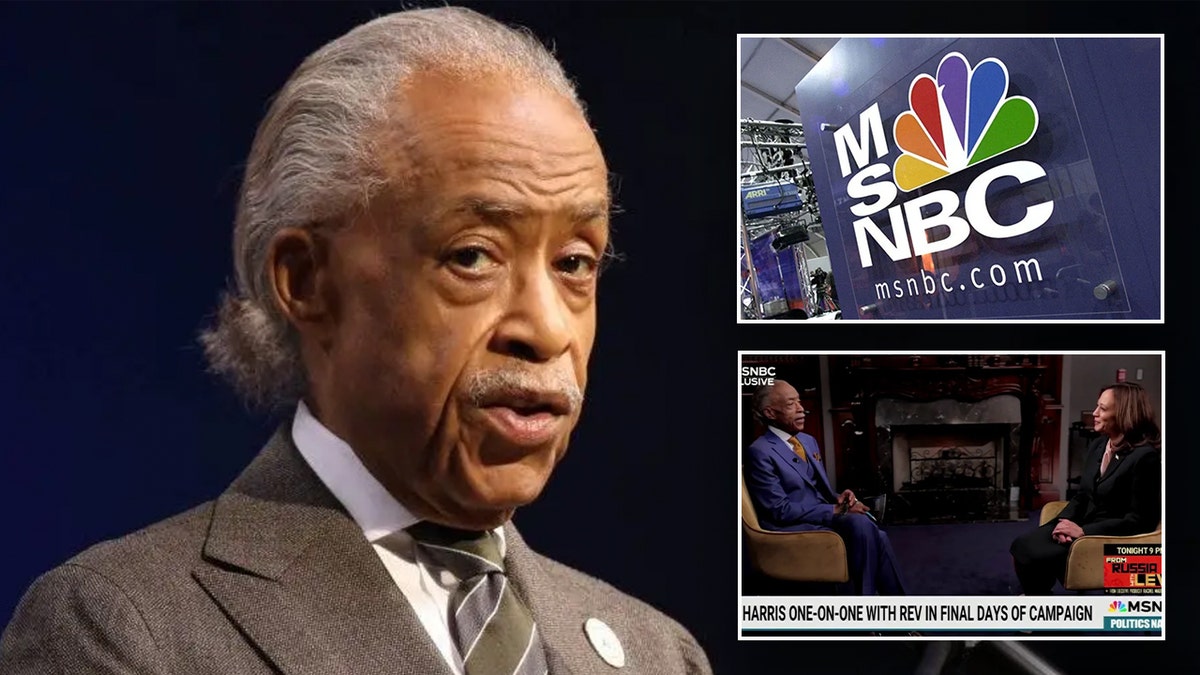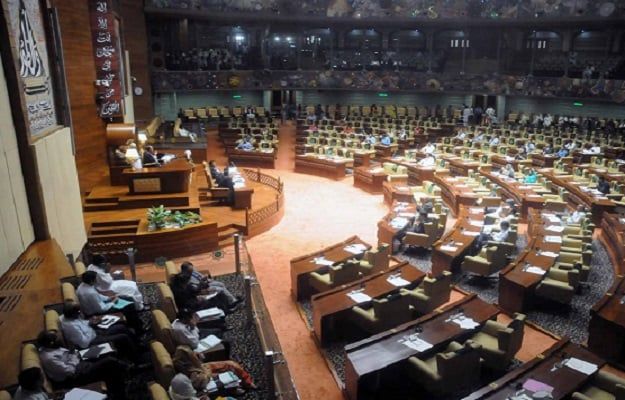A recent report from the New York City Department of Health has sparked debate by suggesting reparations as a potential solution to racial wealth inequities. The report, titled "Analyzing the Racial Wealth Gap and Implications for Health Equity," specifically points to reparations as a means to close the wealth gap between Black and White New Yorkers.
The report suggests that "federally paid cash to Black descendants of enslaved people" could eliminate the Black-White wealth gap, promoting racial equity. However, the report also acknowledges the existence of wealth disparities between other racial groups and advocates for a broader consideration of these inequities.
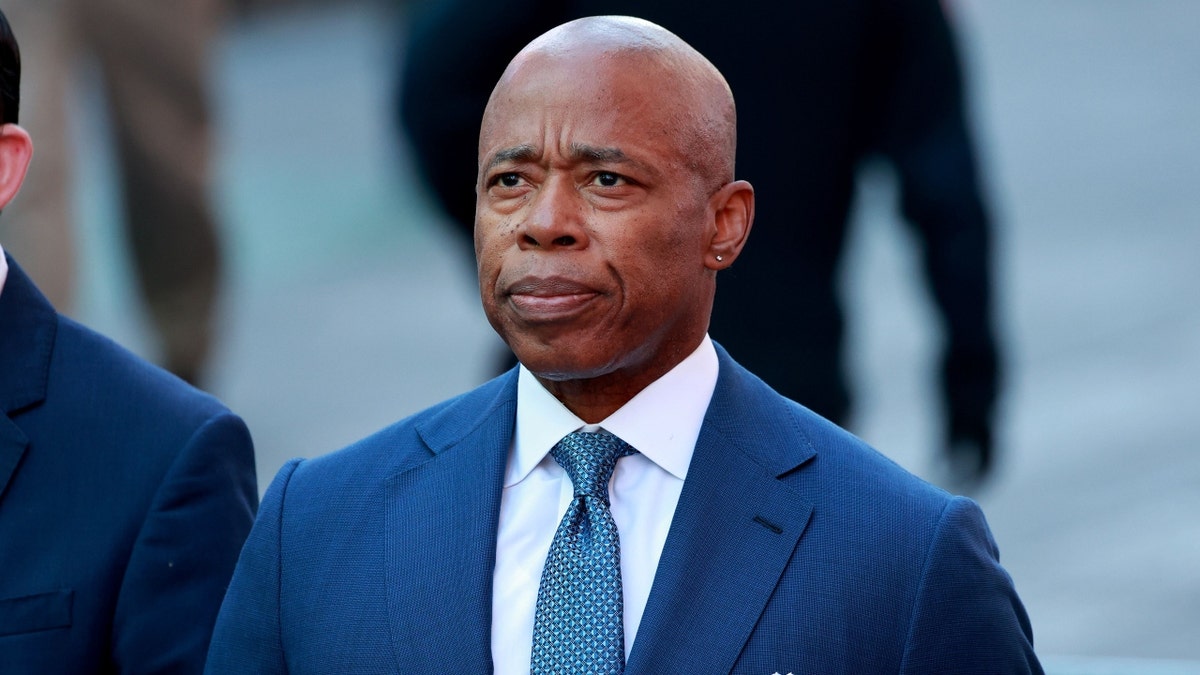
New York City Mayor Eric Adams has previously expressed support for reparations, endorsing efforts to establish a framework for reparations for Black New Yorkers. In 2022, Adams stated the need to focus on corporations whose wealth originated from slavery, emphasizing that this action is "long overdue."
While reparations are a central focus, the report also explores other policy recommendations to address wealth inequality, including universal health care, Medicaid expansion, medical debt cancellation, student loan forgiveness, and baby bonds.
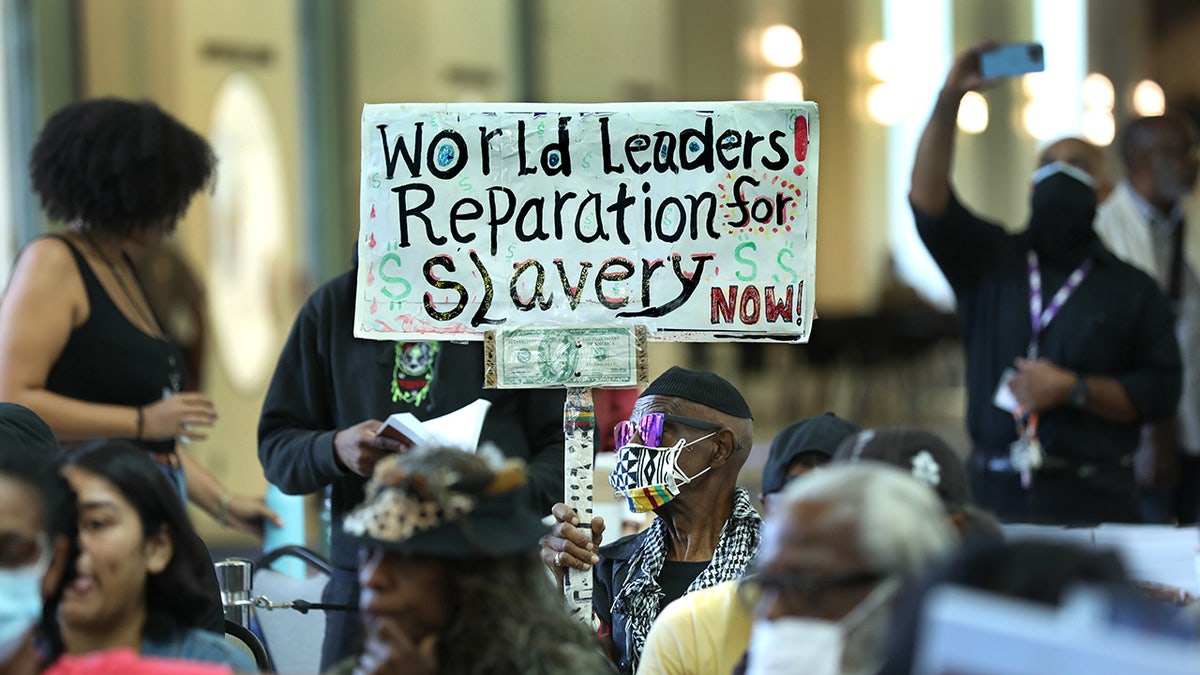
The increasing momentum of the reparations movement nationwide is highlighted by examples such as California, where the Reparations Task Force has proposed eliminating interest on past-due child support and back child support debt for Black residents. Similar discussions are taking place in San Francisco, where a reparations plan could potentially cost the city over $100 billion.

The NYC Department of Health’s proposal has ignited a complex conversation about race, wealth, and historical injustice. As of the time of this report, the Department of Health and the mayor’s press office have not provided comment on the matter.


